NSW farmers hit with 8.3% rise in water bills in 2025-26
NSWIC latest media release states that "IPART has added to the cost squeeze on NSW farmers with its final determination today to
increase rural water bills by up to 8.3% in most valleys for 2025-26."
"NSW Irrigators’ Council CEO Claire Miller said it was disappointing that IPART had shifted from the affordable 1.9% plus CPI price rise proposed in its information paper last month."
“The determination underlines the need for the NSW Government to urgently reform the flawed pricing model and corporate structure driving unaffordable hikes in rural water bills over the last 10 years.”
For the full story follow the link.

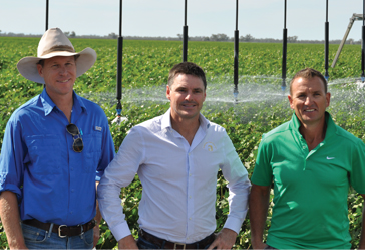
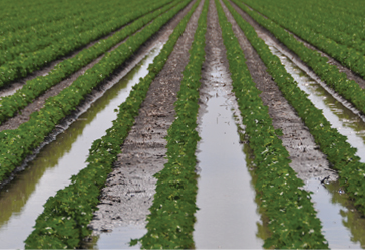
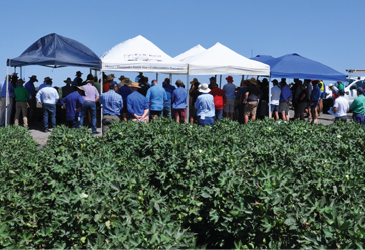
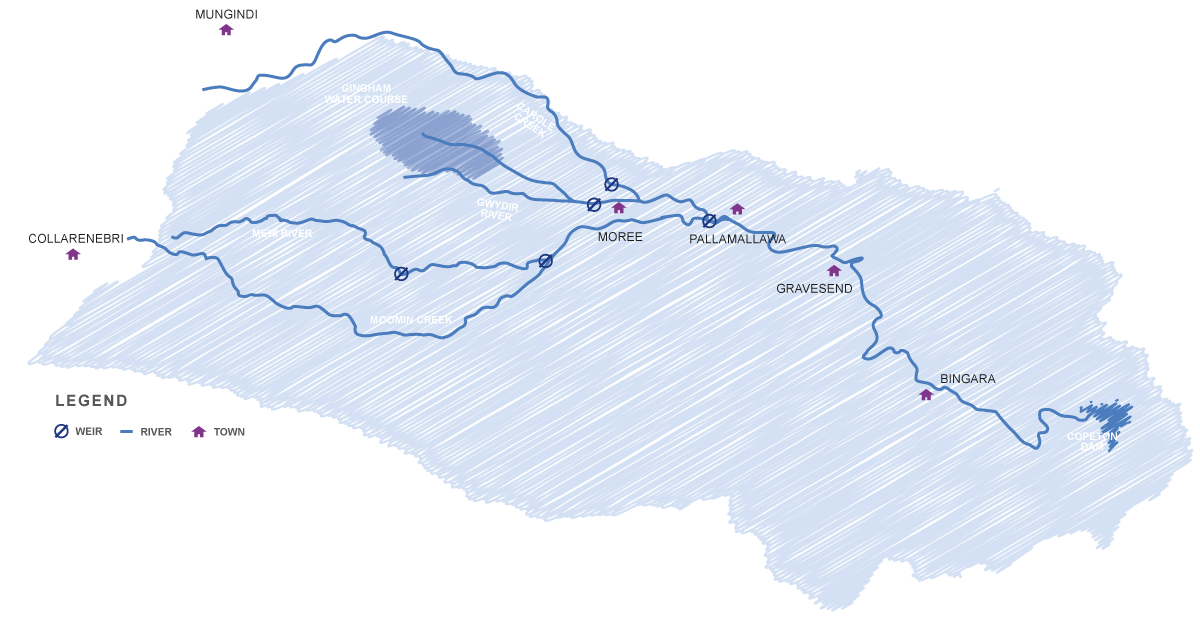
























.png)


.png)
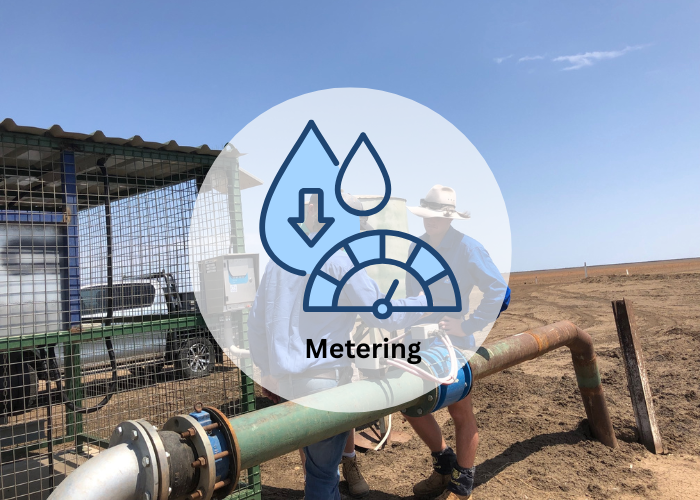
.png)